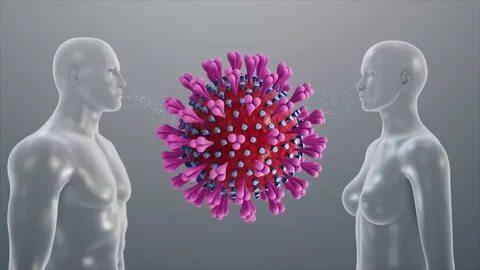
What is a coronavirus, and how do you get infected?
The new coronavirus is a respiratory virus. It is transmitted mainly by airborne droplets as a result of inhalation of droplets from the patient's airways, for example, when coughing or sneezing, as well as droplets of saliva or nasal discharge. It can also spread when a sick person touches any contaminated surface, such as a doorknob. In this case, infection occurs by touching the mouth, nose or eyes with dirty hands.
What are the symptoms of coronavirus?
The main symptoms of coronavirus:
In the overwhelming majority of cases, these symptoms are not associated with coronavirus, but with ordinary SARS.
How is coronavirus transmitted?
Transmission ways:
What measures are there to prevent coronavirus?
Do masks help with infectious diseases?
The use of a disposable medical mask reduces the risk of viral infections that are transmitted by airborne droplets (when coughing, sneezing). For patients with acute respiratory viral infections, wearing a mask is mandatory, the mask must be changed several times a day.
How long does it take to show symptoms of a new coronavirus infection?
Symptoms may appear within 14 days of contact with an infectious patient.
What complications can there be after coronavirus infection?
The new coronavirus infection refers to acute respiratory viral infections (ARVI), and its complications can be the same as other ARVIs: pneumonia, bronchitis, sinusitis and others.
Leave a Comment